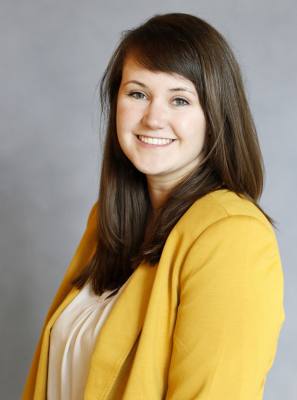Eliz Markowitz (D)
Occupation: Instructor, corporate trainer, author
Priorities: Public education, health care, disaster recovery, school safety, gerrymandering, criminal justice
Years in the district: 20
Phone: 818-281-0944
Email: [email protected]
Website: www.eliz4tx.com
Why are you running for this seat?
In 2018, I ran for the Texas State Board of Education because I wanted to work to improve Texas public schools. While running, I heard about all the challenges that Texans face beyond education, such as healthcare, economic development, criminal justice reform, disaster management and school safety. I also learned that Texans want an honest representative that will conduct herself with integrity and work to improve the lives of all Texans—not just a select few. Because of my education and experience in business, technology, healthcare, and education, I believe I am uniquely qualified to address the challenges our state faces.
What sets you apart from the other candidates?
Beyond my experience in the fields of business, healthcare and education, I believe I am the only candidate willing to call out the corruption and dysfunction coming out of Austin. Our politicians are no longer accountable to voters but instead do the bidding of outside corporate interests or extreme partisan groups. I am running to implement logical, sustainable solutions. I also believe I’m the only candidate willing to call for an independent redistricting committee to draw fair maps following the 2020 Census.
What would you say is the biggest challenge for the district and how do you plan to address it?
We must reassess the role that development and property taxes play in our district. Development must happen in a way that invites businesses into our community without displacing families who have been here for generations. Similarly, we must reform our school finance system to reduce reliance on property taxes, which are pushing people out of their homes and create an inequitable education system. Lastly, too many parts of this district are still struggling from the ravages of Hurricane Harvey—we must immediately implement plans to mitigate disasters and ensure the welfare of the displaced during and after such events.
In conversations with constituents, what issue has been brought up the most?
The voters I’ve spoken with in House District 28 repeatedly ask what we can do about the dysfunction and corruption coming out of Austin. They want to know what can be done to get our government working for the people again, and they fear that our elected officials don’t have the character or temperament to reach across the aisle to implement common-sense solutions. Individuals in House District 28 and in Fort Bend County are tired of the divisiveness and negative rhetoric within the district and want a representative that is focused on unity and affecting positive change.
In the 86th legislative session, the main priorities were property taxes, education finance and flood mitigation. Are you satisfied with the outcomes on these issues?
In short, no. While progress was made with the passage of House Bill 3, the state does not currently pay its fair share into our public education system. The current approach requires districts to rely on the state for money and is unsustainable. Furthermore, not all school employees were provided compensation, the provided funding was far less than originally promised, and almost all of that increase will go directly to rising health care costs. We must develop and implement long-term solutions that support educators both during employment and retirement. Lastly, we saw progress with the passage of Senate Bill 2, which allocated $1.7 billion to invest in flood infrastructure, but since this district has seen three 500-year floods in the past five years, we need to invest more into flood mitigation and control. Furthermore, we must address the threat of climate change.
What issues do you hope to address in the 87th legislative session?
Texas ranks 34th in the nation in education, 50th in health care access and affordability and 50th in disaster preparedness. Clearly, we must do better—Texans deserve better. We must lower the cost of prescription drugs, expand Medicaid, and develop rural health care centers. We must also end our reliance on high-stakes STAAR testing as a metric of school accountability. Additionally, we must improve the state’s ability to respond to natural disasters and other crises.





